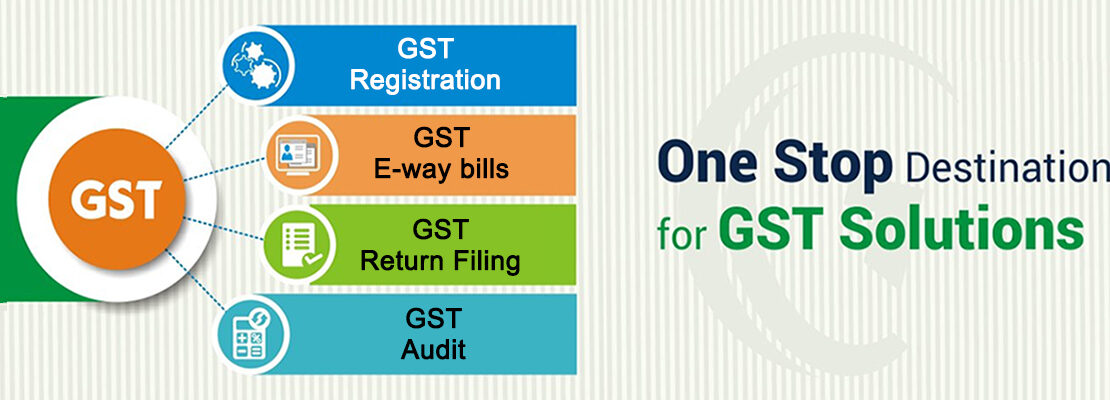- July 2, 2023
- Posted by: Jain R S and Associates
- Categories:

Goods and Services Tax (GST) Appeals and Litigations have emerged as significant aspects of the modern taxation landscape. With the advent of GST, the process of dispute resolution has undergone transformative changes, creating new avenues for both taxpayers and authorities to address disagreements. This article delves into the realm of GST appeals and litigations, elucidating their significance, outlining the mechanisms for resolution, and providing insights into strategies for effectively navigating this complex terrain.
- Understanding GST Appeals and Litigations:
a. Importance of Dispute Resolution:
- Disagreements and conflicts between taxpayers and tax authorities are a natural outcome of the taxation process.
- Effective dispute resolution ensures fair treatment, protects taxpayers’ rights, and upholds the rule of law.
b. GST Dispute Resolution Mechanisms:
- The GST law provides avenues for taxpayers to challenge decisions or orders issued by tax authorities.
- Disputes can be resolved through appellate authorities and courts, ensuring an impartial evaluation of the case.
- Key Components of GST Appeals:
a. Appellate Authorities:
- GST appeals are adjudicated by various appellate bodies, including the First Appellate Authority, the National Appellate Authority for Advance Ruling (NAAAR), and the Appellate Tribunal.
b. Filing an Appeal:
- Taxpayers can file an appeal against decisions they disagree with, providing reasons and supporting documentation.
c. Appellate Process:
- Appeals are reviewed based on the merits of the case, often involving hearings and presentations by both parties.
- The appellate authority issues a ruling that either confirms, modifies, or overturns the original decision.
- Litigations under GST:
a. Legal Recourse:
- If disputes are not resolved through the appellate process, taxpayers can approach higher courts for legal redress.
b. High Courts and Supreme Court:
- Taxpayers can file writ petitions or appeals in the respective High Court or Supreme Court for further resolution.
c. Judicial Precedents:
- Courts’ decisions on GST litigations set legal precedents that guide future cases and interpretations.
- Strategies for Effective Resolution:
a. Documentation and Records:
- Maintaining thorough documentation is crucial to presenting a strong case during appeals and litigations.
b. Expert Advice:
- Seeking professional advice from tax consultants or legal experts ensures a well-prepared and informed approach.
c. ADR Mechanisms:
- Exploring Alternative Dispute Resolution (ADR) methods, such as mediation and arbitration, can expedite resolution.
d. Compliance and Transparency:
- Ensuring compliance with GST regulations and maintaining transparency in transactions can prevent disputes.
e. Preparing for Litigations:
- In case of litigation, thorough research, and preparation are vital for presenting a compelling case in court.
- Implications of Successful Resolution:
a. Taxpayer Confidence:
- Successful appeals and litigations enhance taxpayer confidence in the fairness of the GST system.
b. Legal Precedents:
- Rulings set precedents that clarify interpretations and contribute to the evolving GST jurisprudence.
c. Efficient Tax Administration:
- Effective resolution mechanisms contribute to efficient tax administration, reducing the burden of pending cases.
Conclusion: Navigating the intricate realm of GST appeals and litigations demands a deep understanding of the legal framework, strategic planning, and adherence to compliance standards. By effectively leveraging the available dispute resolution mechanisms, taxpayers can safeguard their rights, contribute to the development of GST jurisprudence, and ensure a fair and transparent tax environment. As the GST landscape continues to evolve, a well-informed and proactive approach to appeals and litigations is indispensable for businesses and tax authorities alike.
